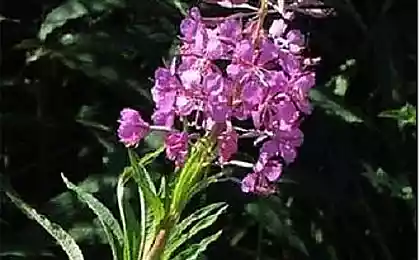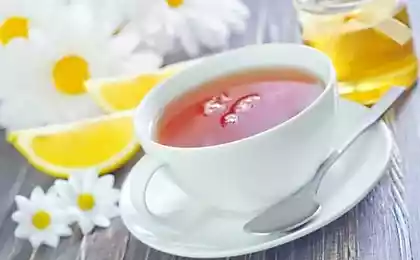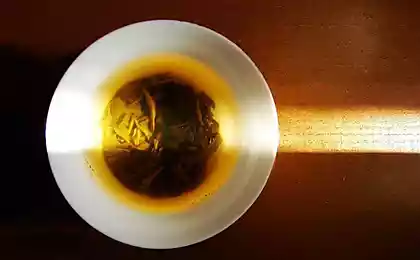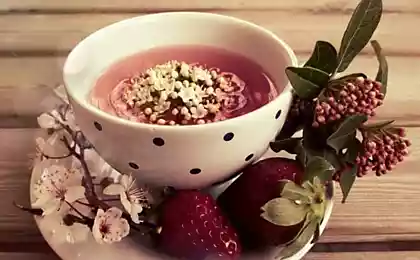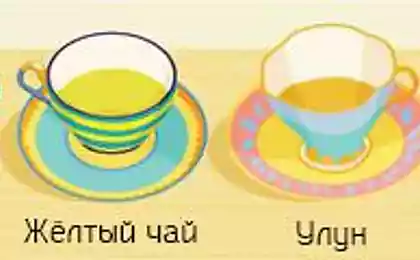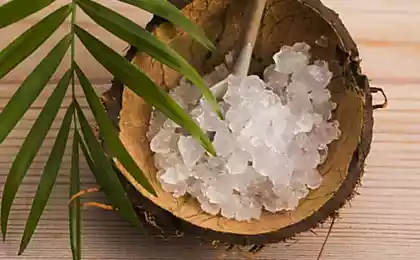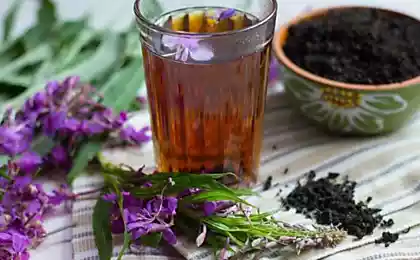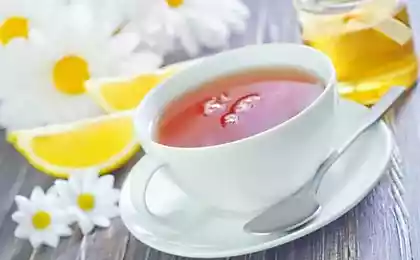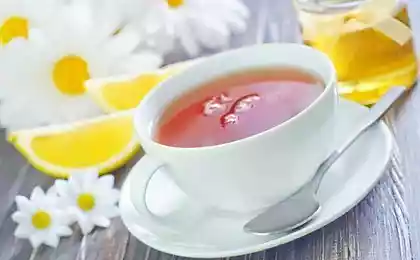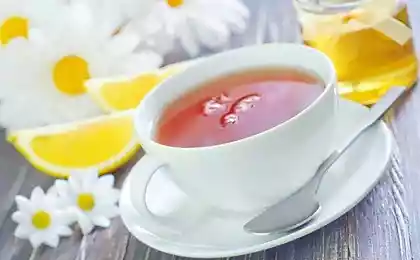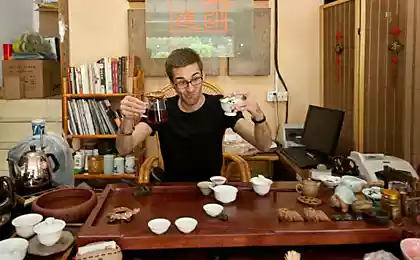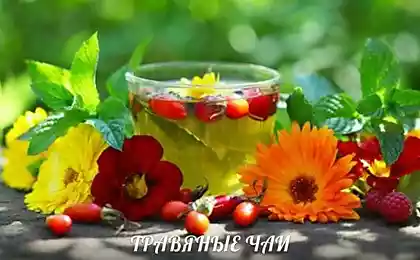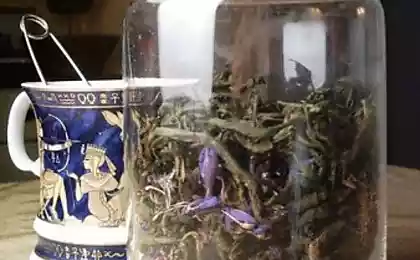514
Hazardous ingredients of Indian tea
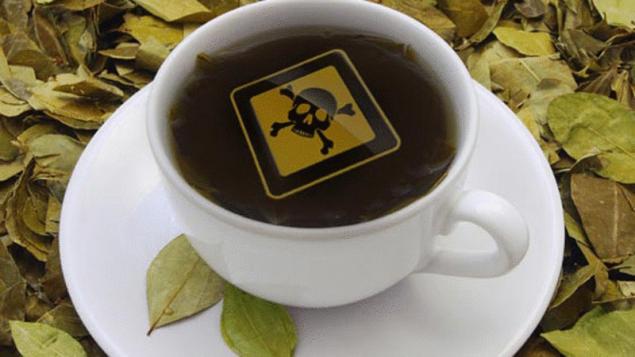
Check if you drink the tea with chemicals.
Brewing yourself a Cup of fragrant Indian tea, you may get a very harmful cocktail of pesticides, according to a study of the Indian branch of Greenpeace. In accordance with rezultatm new study in most teas, made from the biggest companies of India, were found the remains of dangerous pesticides. More than half of these samples contained either unapproved for tea cultivation pesticides or pesticides have exceeded the recommended norms.
All research was taken 49 different brands of packaged teas. Procurement was conducted in the period from June 2013 to may 2014 in the retail stores Mumbai — 13 samples, Bangalore — 14, Delhi — 11, Kolkata — 11. Samples were sent to independent accredited laboratories for testing for the presence of over 350 different pesticides. In the sample were 8 of the 11 largest companies dominating in the market of branded tea in India, for example, such well-known brands like Hindustan Unilever Limited, Tata Global Beverages Limited, Wagh Bakri Tea, Goodricke Tea, Twinings, Golden Tips, Kho-Cha and Girnar.

List of tea companies, their brands, products, number of samples and the number of detected pesticides. Illustration of the study's authors.

The list of types of tea (left) and the number of the detected pesticides (right). Illustration of the study's authors.
The results of the tests showed that some samples contain pesticide residues above the analytical limit of definability, but below the level sufficient for accurate determination, these results were not considered in further study. About 60% (29 of 49) of the samples contained residues more than 10 different pesticides above the level of the definition, including one sample that contained residues of more than 20 active ingredients. Full data table is available on the website of Greenpeace.
The greatest concern, according to the researchers, it is a varied "cocktail" of hazardous pesticides. If the effect of some pesticide on the human body have been studied fairly thoroughly, that the influence of the mixture, which is obtained in the Cup, not been studied at all. This situation may lead to an underestimation of harm from hazardous chemicals.
For example, the combined effect of multiple pesticides in the studies are usually calculated according to the total volume entering the organism, and the possibility of their interaction with other chemical substances not taken into account. Unfortunately, this completely ignores the fact that chemical compounds which can arise during the interaction of pesticides can have a stronger (synergism) or weaker (antagonism) effect than would the pesticides separately. But there is growing evidence that the components of the mixture of chemicals detected in the study impact only on the model of synergy, increasing the harmful effect of each other. A number of studies conducted earlier showed that the mixture of pesticides may cause violations of the basic metabolic functions of the body.
The authors of the new study regret to notice that the tea industry in India continues to rely on the use of broad-spectrum pesticides, with negative impacts on the environment and human health. However, the researchers see ways out of this situation. In India, there are already examples of agricultural traffic without the use of pesticides that are applied in the state of Andhra Pradesh (Andhra Pradesh). These methods have the potential to become a national, they have already confirmed their economic and environmental viability. Technology of ecological agriculture can be a loud solution for the tea business and the opportunity for leadership in the global market.
Dmitry Gerilovich
Source: agracultura.org/
The Netherlands said "no" to the products of the company Monsanto, banning the herbicide roundup
For the lazy garden with irrigation system
